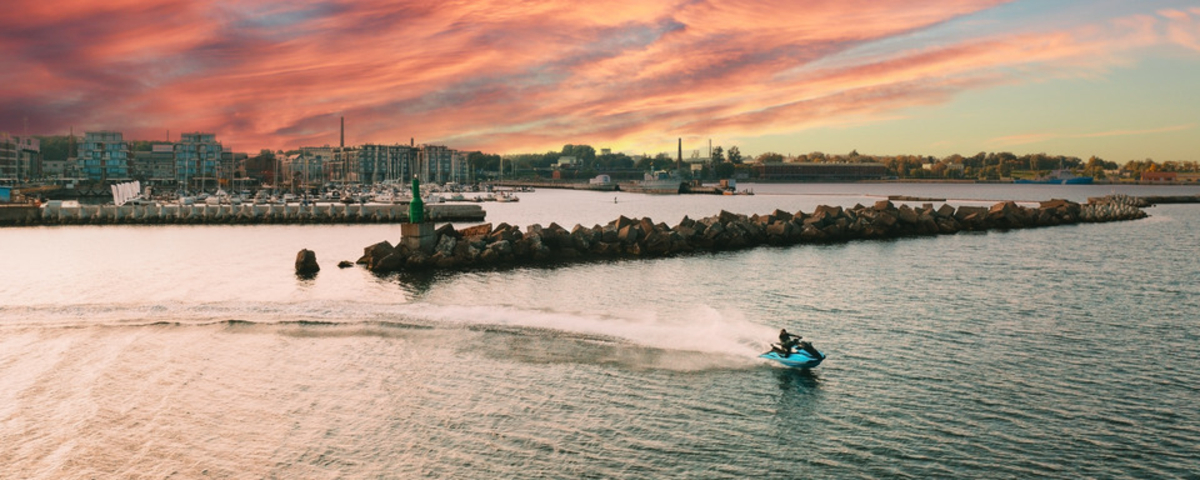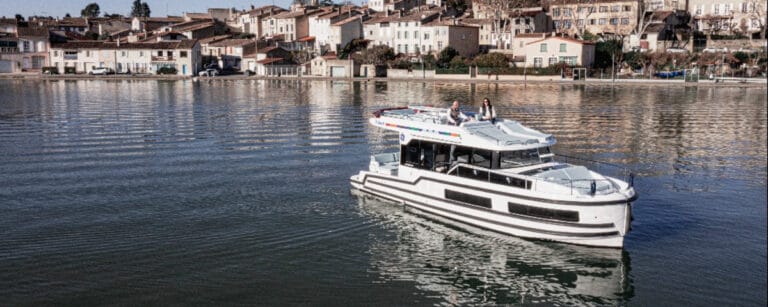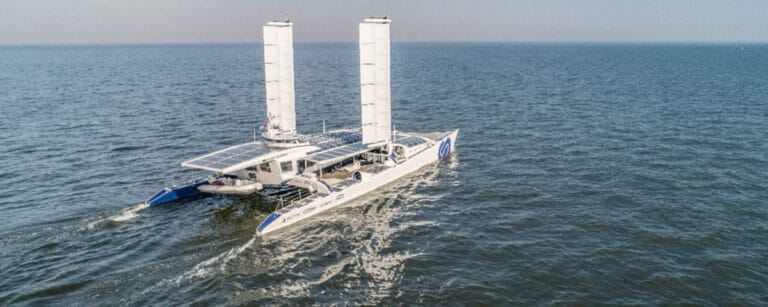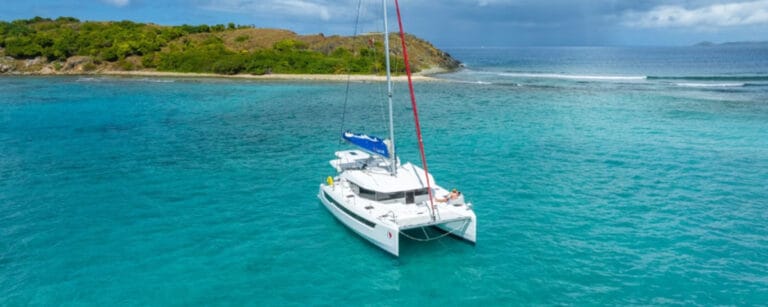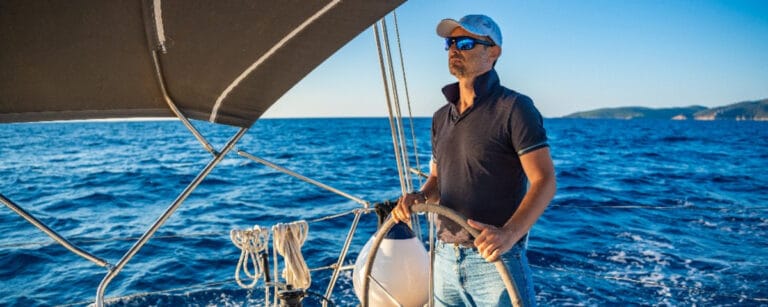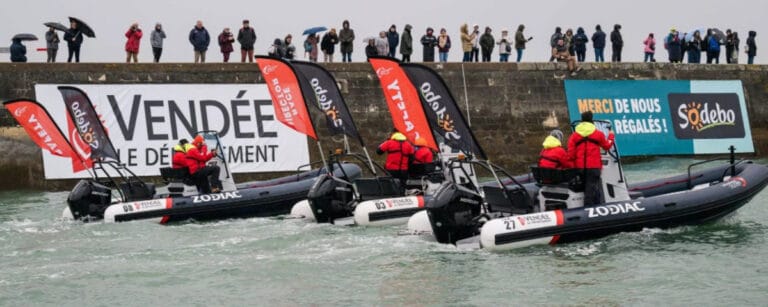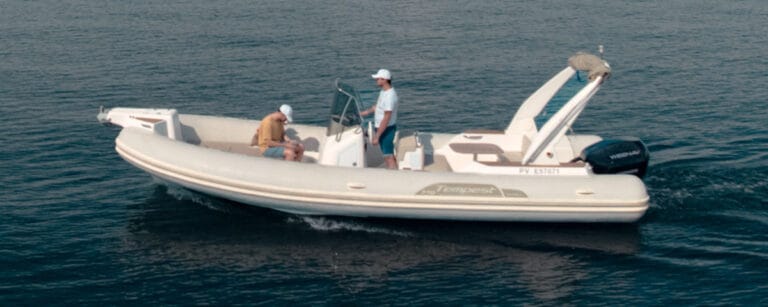Jet Skiing: French Ports Move to Ban It
Jet Ski Bans Proliferate in French Mediterranean Ports
This summer, several iconic Mediterranean ports have taken decisive action regarding jet skis. Frontignan la Peyrade has implemented a ban on all jet ski navigation from July 1st to August 31st, 2025, within the port and boat launch area, including trailer parking. The stated reasons are user safety and summer congestion in the basins. Palavas les Flots has also applied a similar ban to private individuals since the beginning of July, to ensure tranquility and safety in response to observed excesses such as high speeds, noise pollution, and unauthorized moorings.
Why These Bans? Reasons and Justifications
The motivations are strong. In Frontignan, the city cites the intensity of summer maritime traffic, both professional and recreational, as incompatible with the safe use of jet skis in the port. In Palavas, the decision follows “numerous observed excesses”: noise, dangerous behavior, and disturbances to the coexistence with other users.
These measures are also part of a broader national context. On the Atlantic coast, Arcachon and Cap Ferret have banned private jet skis from June 15th to September 15th since 2024, allowing navigation only to professionals, to limit nuisances and accidents. That same summer, a fatal accident in Arcachon – a 47-year-old woman struck – left a lasting impression. Rescue operations related to jet skis have multiplied: 55 in 2023 compared to 34 the previous year, fueling the weariness of rescuers and residents. In the Sept Îles nature reserve (Côtes d’Armor), the Council of State, in response to a decree of July 2023, validated in June 2024 the total ban on PWCs – jet skis, personal watercraft, towed buoys, water skiing – on nearly 19,000 hectares: a decision based on the protection of marine fauna (migratory birds and seals), disturbed by noise, collisions, and waves created by these vehicles.
2024: The Beginnings of a National Movement
The summer of 2024 marks a symbolic turning point: in the face of serious accidents, complaints from residents, and increasingly frequent interventions, several municipalities are adopting seasonal bans affecting PWCs, mainly private jet skis. Arcachon, Cap Ferret, Argelès sur Mer – where the removal of boat launch ramps since 2022 makes all navigation almost impossible – are making the choice of a strong restriction, defending users and the marine environment.
At sea, highly regulated areas such as Port Cros and Porquerolles impose minimum distances of 600 m from the coast for jet ski practice, significantly stricter than the general regulation which sets the prohibited zone at 300 m without a marked channel.
Initiatives for More Responsible Practices
Faced with the proliferation of bans in ports and the growing tension around motorized nautical uses, Sea-Doo has chosen to take the lead by implementing a responsible conduct code. Developed with the organization Tread Lightly!, this free program aims to promote more respectful navigation through three fundamental pillars: safety, environmental preservation, and good driving practices. The online training “Eau 101,” hosted by ambassador Daniel “Aqua Dan” do Nascimento, is aimed at all personal watercraft users concerned about better sharing the maritime space. Short, clear, and accessible to all, it offers concrete advice to limit risks and nuisances.
General Bans: Regulatory Framework and National Context
Nationally, Personal Watercraft (PWC) are subject to strict regulations: daytime navigation only, limited to 2 miles from a shelter for a single-seater jet ski or 6 miles for models that can carry two people, mandatory equipment, prohibition within the 300 m zone of beaches except for marked channels, and a specific permit from the age of 16.
In addition, certain sensitive or protected areas – Sept Îles reserve, Bay of Somme, natural parks – have introduced total or partial bans: these decisions are based on ecological (sensitivity of fauna), safety, or public tranquility grounds.
The jet ski bans in certain ports illustrate a clear shift towards more sustainable and safe management of the French coastline. Between protecting biodiversity, respecting residents, and securing summer basins, elected officials and prefectures are adopting local or national measures to regulate a use deemed excessive.
In this dynamic, the recent 2025 decrees in Frontignan and Palavas join a movement initiated in 2024 in Arcachon and elsewhere, in response to accidents, nuisances, and increasing environmental pressure. These decisions could become more and more common, while the debate on the use of jet skis – between individual pleasure and the common good – intensifies.
Enjoyed this post by Thibault Helle? Subscribe for more insights and updates straight from the source.

